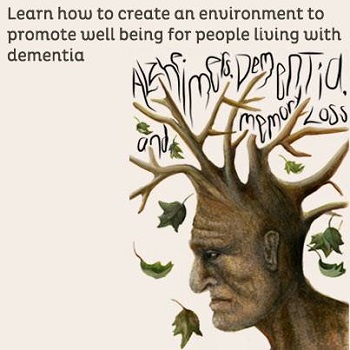We’re observing Alzheimer’s Awareness Month all of September 2014, and kickstarting the series with basic information on dementia and its effects.
by The Editors | editor@themetrognome.com
We at The Metrognome have always supported the causes of elders in society. Last year, we observed all of September 2013 as Alzheimer’s Awareness Month. This year, too, we are kickstarting the Alzheimer’s Awareness campaign with a few nuggets of information about dementia, its effects and living with it.
The Alzheimer’s Disease International lists these facts about dementia:
– Dementia is a term used to describe different brain disorders that affect memory, thinking, behaviour and emotion.
– Early symptoms of dementia can include memory loss, difficulty performing familiar tasks, problems with language and changes in personality.
– Dementia knows no social, economic, or ethnic boundaries.
– Alzheimer’s disease is the most common cause of dementia. Other causes include vascular disease, dementia with Lewy bodies and fronto-temporal dementia.
– There are currently estimated to be 44 million people worldwide living with dementia. The number of people affected is set to rise to over 135 million by 2050.
– There is one new case of dementia worldwide every four seconds.
– The worldwide costs of dementia exceeded 1 per cent of global GDP in 2010, at US$604 billion. As a result, if dementia care were a country, it would be the world’s 18th largest economy. If it were a company, it would be the world’s largest by annual revenue exceeding Wal-Mart (US$414 billion) and Exxon Mobil (US$311 billion).
– Dementia is often hidden away, not spoken about, or ignored at a time when the person living with dementia and their family carers are most in need of support within their families, friendship groups and communities.
– The social stigma is the consequence of a lack of knowledge about dementia and it can have numerous long- and short-term effects, including:
- Dehumanisation of the person with dementia
- Strain within families and friendships
- A lack of sufficient care for people with dementia and their carers
- A lower rate of diagnosis of dementia
- Delayed diagnosis and support
– The stigmatisation of dementia is a global problem and it is clear that the less we talk about dementia, the more the stigma will grow. This World Alzheimer’s Month we encourage you to find out more and play your part in reducing the stigma and improving the lives of people with dementia and their carers in your community.
We welcome your views, suggestions and articles on Alzheimer’s, dementia, caregiving, and indeed, the gamut of ageing. Do send us relevant content about events, news and personal anecdotes about Alzheimer’s to editor@themetrognome.in, and we will publish it in this space.
(Pictures courtesy www.2gb.com)


